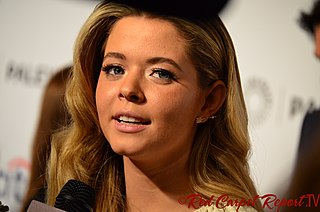A Quote by Moby
As music became more profitable in the 1990s, it seemed like it attracted a lot of people who were just interested in the financial aspect of it, which is depressing.
Related Quotes
I had composed songs, I sang, and played the vina. Practising this music I arrived at a stage where I touched the music of the spheres. Then every soul became a musical note, and all life became music. Inspired by it I spoke to the people, and those who were attracted by my words listened to them instead of listening to my songs.
I think I'm fascinated with history and - just in general. And I'm always interested in how did - how did this come to be? Why is this the way it is? And even singing classical voice, I quickly became more and more interested with early music, baroque voice. And that became an obsession to me - just figuring out how - who are the ancestors of whatever it is.
The '90s were a time when not just the movie business, but every aspect of American life, became a lot more corporate. There's a line in Jonathan Franzen's essay "Perchance to Dream" about how "the rich lateral dramas of local manners have been replaced by a single vertical drama, that of commercial generality." I wanted to examine that great homogenizing force that came in during the '90s, since Hollywood seemed a place where it was particularly active.
I know that my music is heard a lot in commercial circles. In academia, I think my music is taken in differently but I'm not sure why that is. Some kind of sixth sense tells me that people in that world are thinking differently about it. I don't know if it has to do with the structure of my music, which is probably more apparent to those in the academic world than it is in the commercial world, where people tend not to think of that aspect of music so much. They just listen for pure enjoyment.
Early American music and early folk music, before the record became popular and before there were pop stars and before there were venues made to present music where people bought tickets, people played music in the community, and it was much more part of a fabric of everyday life. I call that music 'root music.'



































